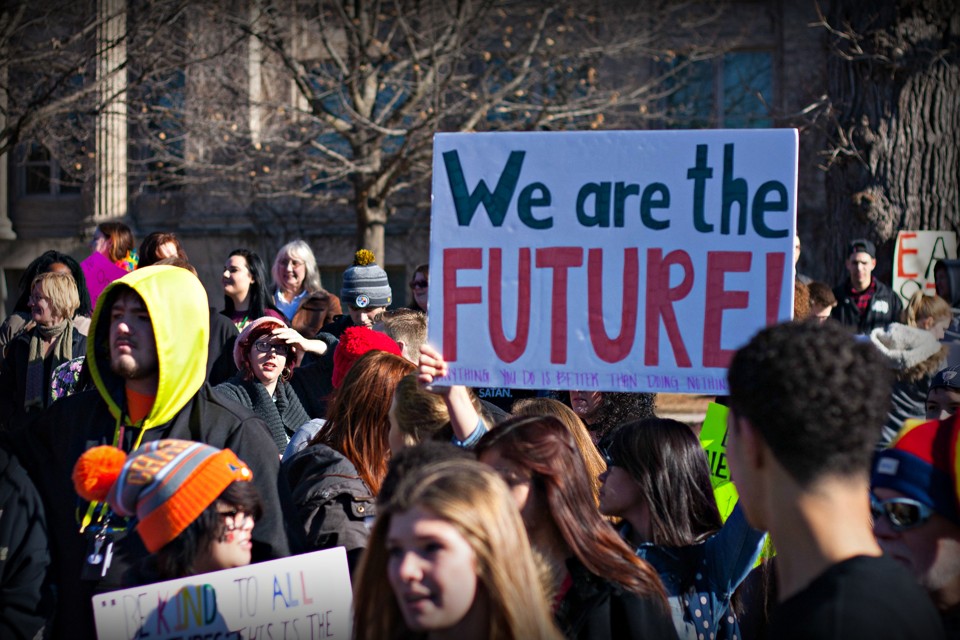
It is undeniable that, in order to overcome the staggering racism across the world, we need drastic change. But who needs to instigate this; those few in power or those millions at a grass roots level? Or is it better to ask who is most likely to bring about change? Racism regrettably occurs at all levels of society, and needs to be stopped at all levels of society, be it the slurs, jokes and racial profiling that occurs withing friends, families and communities, or the systemic discrimination in our education, healthcare, policing, job market etc. So surely we all have a part to play.
Those in power need to deliver effective policy change to alter institutionalised racism. They need to recognise the wrong in the fact that there are over double the amount of people from ethnic minority backgrounds in poverty than white people by addressing the causes and effects of poverty, including inequality in the job market and the prices of housing around the top state schools. They need to address the fact that only 1.2% of the police force are black by addressing inequality in job applications but also by fixing the issue of engagement and police reputation, especially that fact that a black person is nine times more likely to undergo stop and search than a white person. They need to address the fact that only 6% of management roles are held by people from BAME backgrounds by addressing the issue of diversity within parliament itself. It is undeniable that to change a society built on inequality, that governmental change is paramount to widespread success.
However, the people in charge are accountable to those who elected them. This means that, as a nation, we need to demand change. We need to make sure that the importance of racial equality is something that we search for in manifestos and expect of our leaders so that they realise confronting racism is the only option. In so many ways, politics is like a business: they are motivated by the wants of the whole nation, the customers, to hold onto their position, the profit. Similar to companies using targeted marketing, they design their policy to please those who participate most in elections, to maximise their chance of success by securing the most votes, like a company would sales. This means that we need to increase political participation so that the government are more accountable to everyone in our diverse culture, so that we can see the needed policy change to fight racism. In addition, petitions, when signed by so many everyday people, can become policy change, as the government have to discuss the issue. This means that we do not just have to wait until the next vote to be involved, and bring the campaign to the forefront of discussions. With the rise in ‘e-democracy’, it is becoming easier than ever to pressure the government into change, as it can be done for the comfort of one’s own home. Now more than ever, the power to change is in our hands.
More than just government change, however, everyone has a duty to be anti-racist, and to instil a positive, diversity-appreciating attitude in those around them. Those in power can’t be everywhere to call out every act of racism, or to help people to learn from their mistakes, even if they have put in place the policy to criminalise such hate crimes. This means that every individual has a responsibility to do such, call out mistakes and educate, as well as avoid business and institutions who aren’t committed to the fight for racial equality. We need to build out future society based on a universal agreement to value equality.
Overall, every individual, of every age and background, has the ability to fight racism and encourage policy change. It would be wrong to just blame the government for racism, and settle that we have no power to make a difference, given that we are talking about the wellbeing of millions of people. We need societal change, and therefore, every member of society has to be involved.
No comments
Post a Comment
Please only leave respectful and informative comments. Thank you!
Note: only a member of this blog may post a comment.